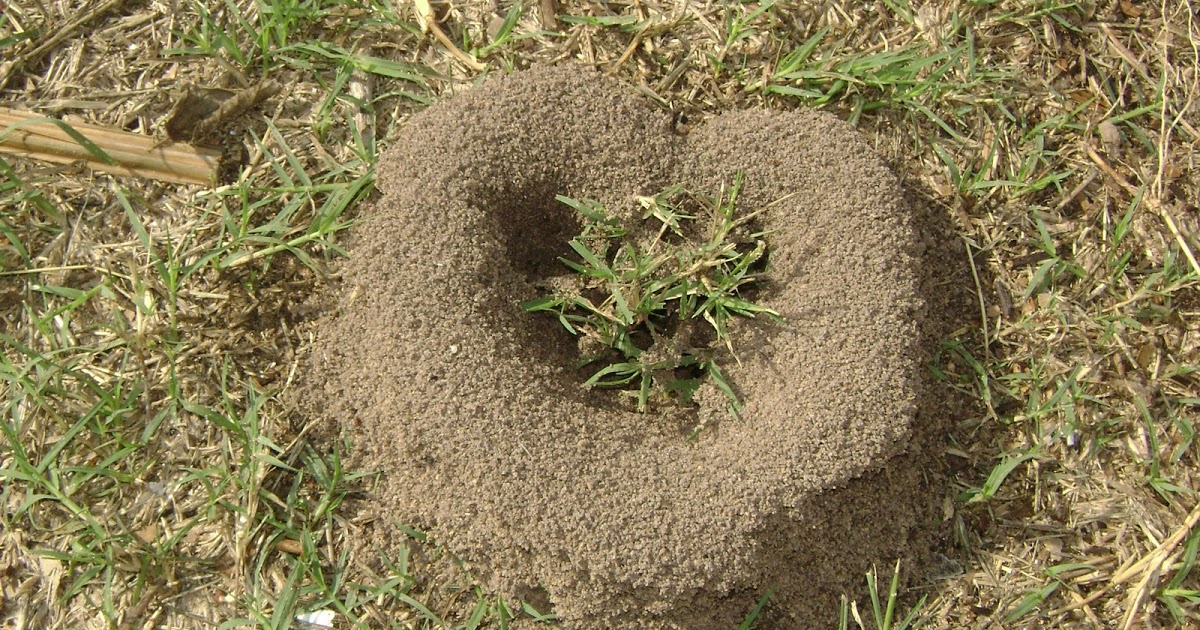Ways To Prevent And Treat Fire Ant Bites
Bites from red imported fire ants cause a distinctive burning sensation on the skin. Once an individual has felt what fire ant bites feel like it is hard to compare to feeling to anything else. Even though fire ants are not native to the United States, they are widely present and will bite. As many as 200,000 fire ants may populate a single fire ant nest. When a fire ant nest is disrupted, fire ants become incredibly aggressive. When an individual provokes fire ants or disturbs the nest of fire ants they congregate on the individual and bite to gain a foothold on the skin, and then they start biting continuously. With each bite, solenopsin, or a toxic alkaloid venom is injected into the skin. Fire ant bites appear as red swollen spots on the skin that usually feature a blister on the top. The bites may be painful and itch for up to seven days.
Learn how to prevent and treat fire ant bites now.
Wash With Soap And Water

Fire ants have jaws that are very powerful so they can tear apart the skin enough for their venom to be injected. Essentially, fire ants use their jaw to rip into the individual's flesh and inject venom every ten to fifteen seconds. Due to the risk of infection a simple laceration to the skin alone poses, multiple bites from many fire ants can easily result in an infection. The first thing anyone should do after being bitten by fire ants is to get away from the nest, and shake off or remove the ants from the skin. Fire ants become even more agitated when they are hit, so shaking them off or using a towel to wipe them off would be a wiser move. Then the individual or someone else should gently but thoroughly wash the affected area with soap and water. This ensures most of the particles of dirt and debris are removed from the lacerations. Giving the bites a good wash can help prevent any further skin swelling of the affected region. The soap also has a neutralizing effect on the fire ant venom and its acidic burning.
Learn more about how to prevent and treat fire ant bites now.
Cover Area With Bandages

It is a good idea to cover areas with bandages after they have been washed out and medicated (if applicable). Because fire ant bites itch longer after they have occurred, most individuals are inclined to claw and scratch at them. While this is a natural response, it is not a smart one. Itching the bites can result in further skin damage and can allow bacteria, dirt particles, and other debris to enter the bite, all of which can result in an infection. Placing bandages over the bites will keep most individuals from itching at them and contaminating them further. The blisters that form over top of the fire ant bites actually form for a good reason. The not tampered with blisters provide a sterile environment for the skin underneath to heal. Usually, as long as the blister stays intact, the bite is not exposed to the outside air, and there is a minimal risk for infection. The blisters should not be purposely popped, as it will provide no relief, but will cause further issues. Placing bandages over the fire ant bites can help protect the blistering parts from being unintentionally popped and becoming an open wound susceptible to infection.
Keep reading for more information on treating fire ant bites now.
Apply Steroid Creams

Steroid creams are a great way to help jump-start the skin's healing process. The main objective of a topical steroid is to decrease inflammation. The steroids make special proteins called lipocortin, which inhibits the production of arachidonic acid. Arachidonic acid is a major element in the inflammatory response, so without it, the inflammation is greatly reduced in the area of application. When the immune system in the body gets wind of the fire ant venom, it excretes chemicals that exacerbate the inflammation. Steroids are able to block this immune system action, effectively preventing the inflammation from worsening. When an inflammatory response to the fire ant bites occurs, the capillaries in the affected regions dilate to facilitate the passing of white blood cells and other materials to help combat the foreign toxin. This capillary dilation is what causes the redness and swelling that happens with inflammatory responses. Topical steroid creams help constrict those dilated capillaries and decrease redness and swelling. Any individual who has been bitten by fire ants should apply steroid creams to the bite to help with itching as well.
Uncover more methods of treating fire ant bites now.
Apply A Cold Compress

When an individual is bitten by fire ants, they should never try to use heat to treat the bites. Heat will worsen the inflammation and make the bites burn more than they already do. Instead, anyone who is bitten by fire ants should apply a cold compress on the bite for interchanging intervals of fifteen minutes on and fifteen minutes off. The ice can be placed in a towel and then applied, or an ice pack can be applied. Ice should never be placed directly on the skin. A cold compress with ice will have a numbing effect on the skin, helping reduce itching and pain. Cold compresses also help with the constriction of the blood vessels dilated as a result of an inflammatory response. This reduces any redness and swelling that may appear in the regions where an individual was bitten. Aside from the technical reasons to use a cold compress on fire ant bites, it can simply cool down the area and reduce general discomfort.
Learn more about preventing fire ant bites now.
Avoid Contact With Nests

Fire ants are insects that create nests in a group setting by tunneling into the ground and pushing up soil. They can be most often found in playgrounds, lawns, golf courses, pastures, parks, and other open sunny areas. While most other ant nests have some sort of mount entry or hole on the top, fire ant nests do not. The mounds typically stand anywhere between eighteen and twenty-four inches and may be hidden around tree stumps or in rotten logs. The mounds can be very small as well, and the ants themselves can be practically invisible to the naked eye. They are typically smaller than other species of ants and blend in easily with the soil. The best way to avoid contact with nests of fire ants is to be aware of their presence in sunny, open areas. A disturbance to the nest is known to release a hormone that agitates the other fire ants in the nest and causes them all to swarm and attack the source of the disturbance. If a fire ant nest is spotted, it is best to follow the advice of professional exterminators to successfully eliminate them from the area.